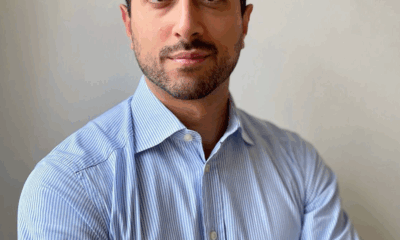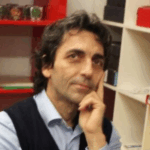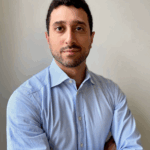Medical doctors and Surgeons
Palliative care and oncology: an integrated and human approach
In the context of cancer treatment, the role of hospices and palliative medicine is constantly evolving. Dr. Giovanni Moruzzi, an oncologist and head of the Hospice at the Hospital of Syracuse, with over thirty years of experience in palliative care, emphasizes the importance of an integrated approach that considers not only clinical aspects but also the psychological, social, and spiritual well-being of patients. Currently, he is the head of the hospice at the Provincial Health Authority of Syracuse and president of the CIAO association (Interdisciplinary Center for Oncological Support). For more than sixteen years, Dr. Moruzzi has worked to support people facing advanced-stage cancer.
The role of hospices in advanced cancer care
According to Dr. Moruzzi, the role of hospices is undergoing significant transformation.

«Today, oncology is offering more and more solutions in terms of disease control, even for conditions that until a few years ago were considered incurable, with very short prognoses. Consequently, the role of hospices is evolving, not just as places of accompaniment, but also as points of reference for support, alongside oncological care and specialized facilities».
The multidisciplinary approach of palliative care allows traditional cancer therapies to be supported by services that go beyond medical treatment, including psychological, social, and spiritual support.
Integrating palliative medicine with oncology
Palliative medicine integrates with other medical disciplines through an ethical and human-centered approach:
«It undoubtedly looks toward the future, aiming to offer not only technical solutions but also humanistic perspectives».
This integration is essential for ensuring a better quality of life for patients, combining effective treatments with careful attention to their emotional and relational needs.
For Dr. Moruzzi, medicine cannot be reduced to mere science. Scientific and humanistic knowledge share a fundamental element: doubt.
«I often point out how both scientific and humanistic knowledge share common ground, one of them being, quite simply, the phrase ‘I don’t know.’ This admission of not knowing is what connects scientific and humanistic understanding, allowing us to truly grasp the complexity of the human being. Thinking of these as separate domains means missing the very essence of medicine».
The challenges of hospice care
One of the greatest challenges in hospice work is facing a society that avoids discussing suffering and death:
«Outside hospices, you can’t talk about suffering, death, wounds, or the processing of loss. Inside hospices, however, these are daily topics».

Communication in such a delicate setting must be handled with sensitivity and care, so patients and their families can face the journey with greater awareness and peace of mind.
«It is essential to accompany those who are lost, both the patient and the family, because in palliative care they form a single unit of suffering. We must help them understand what the world, until that moment, has somehow denied. Perhaps the hardest part is being able to hold people’s hands and help them comprehend the aspects that define us most deeply as human beings».
Communicating palliative care: an essential dialogue
The term “palliative care” is often misunderstood and mistakenly associated with giving up. In reality, as Dr. Moruzzi explains, it’s an active approach:
«Palliative care is, above all, active care, interventions aimed at addressing the patient’s needs. These include not only disease-related issues but also the patient’s informational and communicative needs».
One particularly moving aspect of hospice work is the bond that forms with families, many of whom return even after the loss of their loved one:
«This gives us so much in return. The feedback we receive from families, who in some way give us a reflection of our work, is invaluable. Many of them, even years later, come back to the hospice on the anniversary of their loved one’s death, as if paying tribute to a sacred place. For us, this is an extraordinary form of recognition».




































